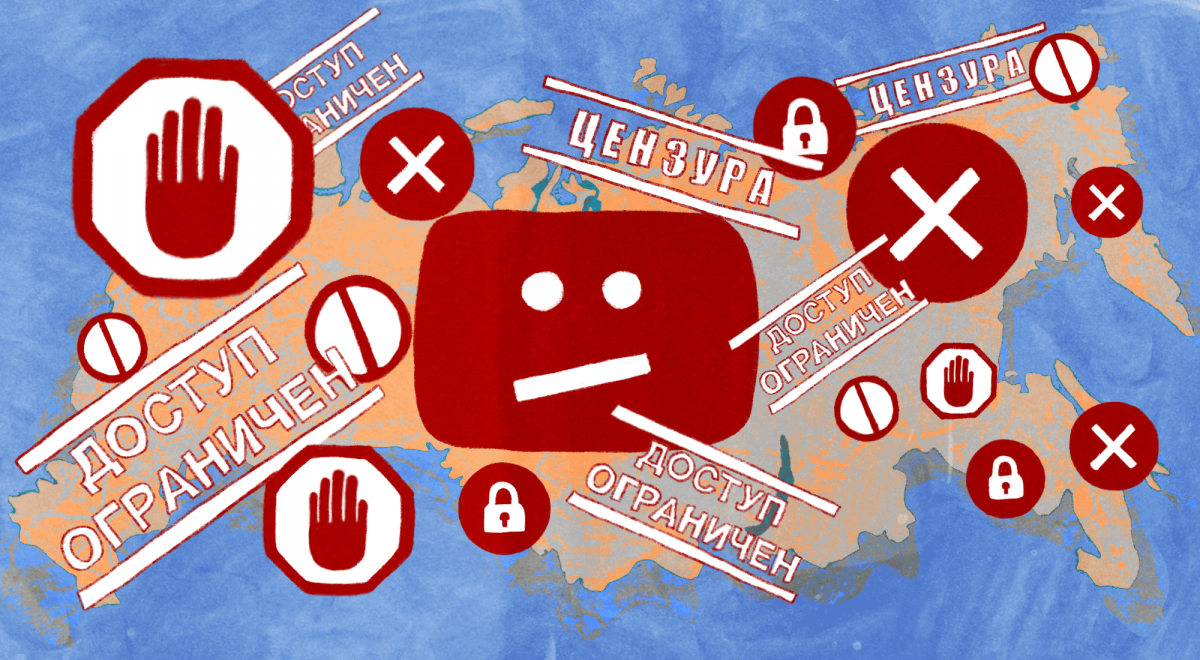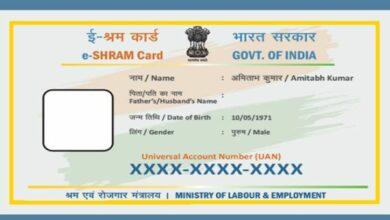Do you remember when you first went online and discovered the power to acquire answers remotely? That magical feeling allowed you to stay indoors while learning exciting things about stuff you did not know about online.
But this feeling soon died down when we were introduced to the concept of censorship and geo-restriction. If you are not new to the internet, you have probably faced your fair share of internet censorship and geo-blocking.
Governments often block or censor certain websites because they feel their citizens should not have access to those sites. And while it may be appropriate in some cases, more often than not, the public is unjustly held back from accessing those sites. This kind of censorship is implemented for the most absurd reasons.
Why do you face Internet Censorship and Geo-Restrictions?
If we talk about internet censorship, it usually arises because of the government’s decision. Governments target specific websites and platforms for political, religious, social, moral, and security reasons. And when these reasons are not justified to the public, the people are left with no option but to get frustrated.
And when we talk about geo-restrictions, it is often because the owner of that particular website or content does not want to share that content in certain regions. It may be because the site or content may be catering specifically to a certain region’s demands, or maybe because the new region did not acquire the licensing to make the content available within their region.
What to do when you are faced with Internet Censorship and Geo-Restrictions?
While there may be several ways to tackle these instances, the most common and practical wayis to encrypt your connection with a VPN service. A VPN service can hide your actual IP address and replace it with a virtual IP address from a different geographical location. Moving on, your actual location will stay hidden, and when you access the desired website, it will appear as if you are within the country where the website is available.
How to Encrypt Your Connection with a VPN Service?
Encrypting your connection with a VPN service is not that difficult. All you need to do is follow a few simple steps to establish a secure and private connection. The steps are mentioned here below:
- Sign up for a VPN service of your choice.
- Download the VPN client to your device.
- Log in to the VPN client using your VPN ID and password.
- Connect to a server in the country where the website is available.
- Once the connection is established, open the website on your internet browser.
- You can now easily access the website in your region.
How do VPN Services work?
A VPN service encrypts the communication to and from a device as a tunnel is created between the device where the VPN is installed and a remote server. All data will travel safely and privately through that tunnel.
For instance, if you connect through a Los Angeles VPN in Los Angeles, you can connect to a server in the United Kingdom and access British content remotely without leaving your living room.
Are VPNs Safe to Use?
VPNs are safe and legal to use in most regions worldwide. However, there are a few regions where using a VPN is still illegal. Certain VPNs are banned in those regions, or VPNs are outright banned.
That is why you should contact a legal professional who knows the local law before subscribing to any VPN service. And only if they say it is safe to do so should you proceed to subscribe and use a VPN service for accessing geo-restricted content.
Can I use a free VPN?
You will have the option of choosing between both free and paid VPN plans. Unfortunately, free VPNs often share users’ information with third parties to compensate for the lost revenue. And this completely defies the concept of privacy and security.
In contrast, a paid VPN plan is a much more logical choice, as they usually follow strict no-logs policies and military-grade encryption. What’s more, a paid VPN service would rarely want to compromise on a legitimate income for a shady income.
On a Final Note
Everyone should be free to choose what to access and what not to access in our lives. We have been bombarded with geo-restrictions and internet censorship for quite some time now. Unless you are fine with living like sheep, it is high time that something is done about it.
FAQs
What is meant by self-censorship?
Self-censorship means that a person takes control of what they do or say, especially to avoid criticism or objection from outside.

 How to Generate your E-Shram Card? Apply Online
How to Generate your E-Shram Card? Apply Online The Impact of Advanced SEO Techniques on Online Visibility
The Impact of Advanced SEO Techniques on Online Visibility Emirates Multi-City Flights Are Cheaper or Not?
Emirates Multi-City Flights Are Cheaper or Not? What Makes FamiSafe A Perfect Choice For Your Child Safety
What Makes FamiSafe A Perfect Choice For Your Child Safety How Technology is Changing Long-Distance Moving
How Technology is Changing Long-Distance Moving The Role of Certifiers in Commercial Development
The Role of Certifiers in Commercial Development Fun88 รีวิวเว็บคาสิโนออนไลน์ ใบอนุญาต ฟีเจอร์เด่น พร้อมแชร์ทางเข้า Fun88แท้ อัพเดทใหม่
Fun88 รีวิวเว็บคาสิโนออนไลน์ ใบอนุญาต ฟีเจอร์เด่น พร้อมแชร์ทางเข้า Fun88แท้ อัพเดทใหม่ Everything You Need To Know About The Champions League Final
Everything You Need To Know About The Champions League Final